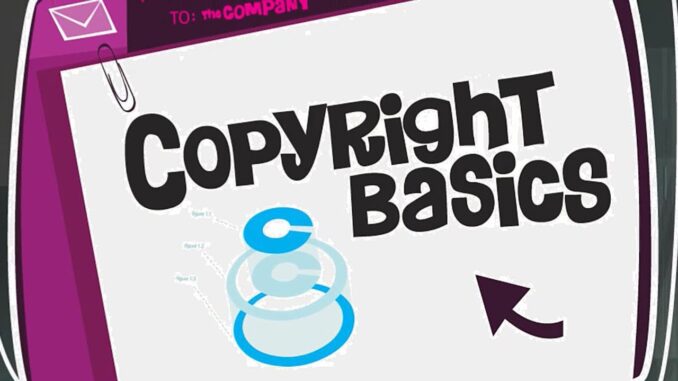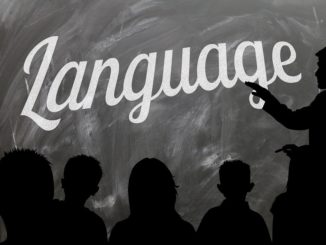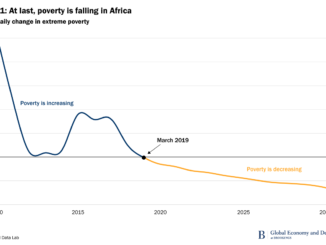
Copyright protection in South Africa is governed by the Copyright Act No. 98 of 1978 and its amendments. Under the current intellectual property laws of South Africa, copyright subsists in artistic, literary, musical, broadcast, architectural and related works. As such there is no need to register such as it is automatically assigned once a work takes tangible form.
What is Copyright Protection?
It is the right assigned to the creator or author of a creative work to prevent others from copying, using, reproducing or performing such without the authorization by the copyright holder. The authorization takes the form of a written agreement called a license whereby the copyright holder provides permission for any of the above in return for the payment of royalties. In some instances no royalties are payable, but the licensee must still use the work in the authorized manner.
What are the Requirements?
For a work to be eligible for copyright protection, it must be in a tangible form and must involve a creative step. Within the above scope, a mere list of data doesn’t qualify for protection. Only once the data is compiled in a meaningful manner, can the work receive protection.
A work must meet the requirements of originality. Unlike patents where absolute novelty is a requirement, with copyright protected works, the work must be the creation of the author’s knowledge, creativity and skills. Even if the creation of the work was inspired by an existing work or there is a similar work with the same underlying idea, a work still qualifies if it is the product of the author’s skills.
The author must be a qualified person. It only means that the person must be living in South Africa or be a citizen of the country at the time of the creation of the work and the work must have been published in the country first.
Assignment of Rights
Although the rights to the work can be sold or assigned, the moral rights of the author are not assigned and stay vested with the author, unless the author waivers such rights. Moral and economical rights to a work differ. Although the author may no longer have the economical rights to a work the moral right to be associated with such or to prevent mutilation of the work stays in place.
Types and Duration of Copyright
There are numerous categories of work that qualify for protection under the current laws of South Africa. Literary works including poems, cinematographic films, novels, reports, articles, essays and even manuals fall within one category. Computer programs in South Africa are not protected under the patent laws of the country, but receive copyright protection. Artistic works such as paintings, photos, sculpture and architectural drawings are also protected.
Musical works including the compositions, tracks and recordings as well as performances are protected. Sound recording such as compact discs, radio broadcasts, signal bearing programs, and television broadcasts are more categories included. Copyright can be registered for cinematographic films and a specific procedure must be followed for such.
Various terms of duration exist depending on the type of work. The general term is 50 years, but the calculation starting date depends on the particular work. In the case of for instance, computer software, the calculation date will be the year in which copies have been made available to the general public. In the case of for instance, a novel, the 50 years are calculated from the end of the year in which the author has died.
Registration of Copyright for Cinematographic Films
Copyright protection can be registered for cinematographic films with the purpose of getting legal evidence of ownership. This will help in cases where there is doubt about ownership rights or perhaps disputes about infringement.
To apply for registration, the applicant must submit a Statement of Case. Once the application is assessed and no opposition to such is found, registration takes place. Details of the film, such as colour, producer, plot, and all relevant parties must be submitted. Registration can take place for any type of film, whether a DVD for a product, learning, entertainment or training.
Copyright protection, duration and registration thereof in South Africa can best be explained by experienced intellectual property attorneys.
Unless otherwise stated, PONIREVO and/or its licensors DO NOT own any intellectual property rights in the website and material on the website. Majority of the site’s content has been scraped and auto posted by a third party artificial intelligence program —– PONIREVO Creation Team.
Proudly WWW.PONIREVO.COM



